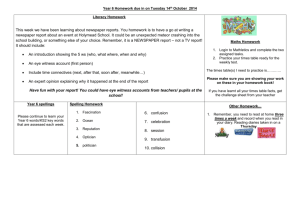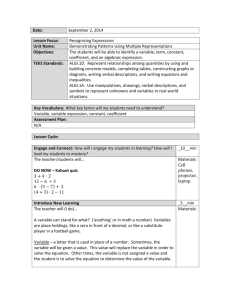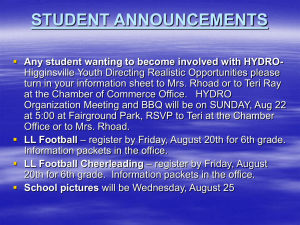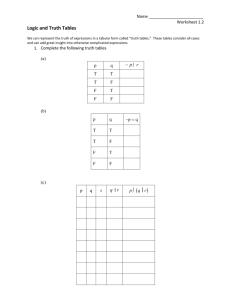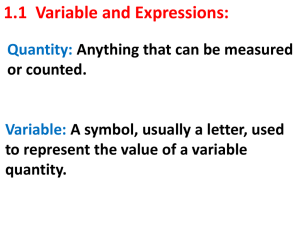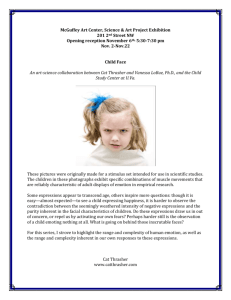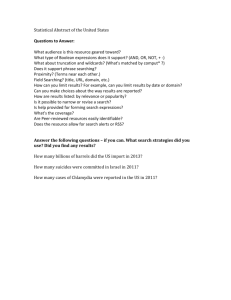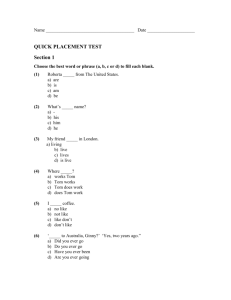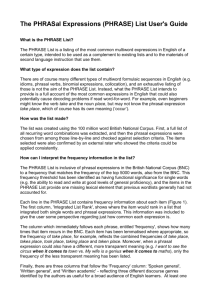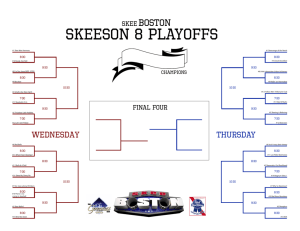Assignment #3: Jazz-Age Language 15% Minimum 650 words This
advertisement
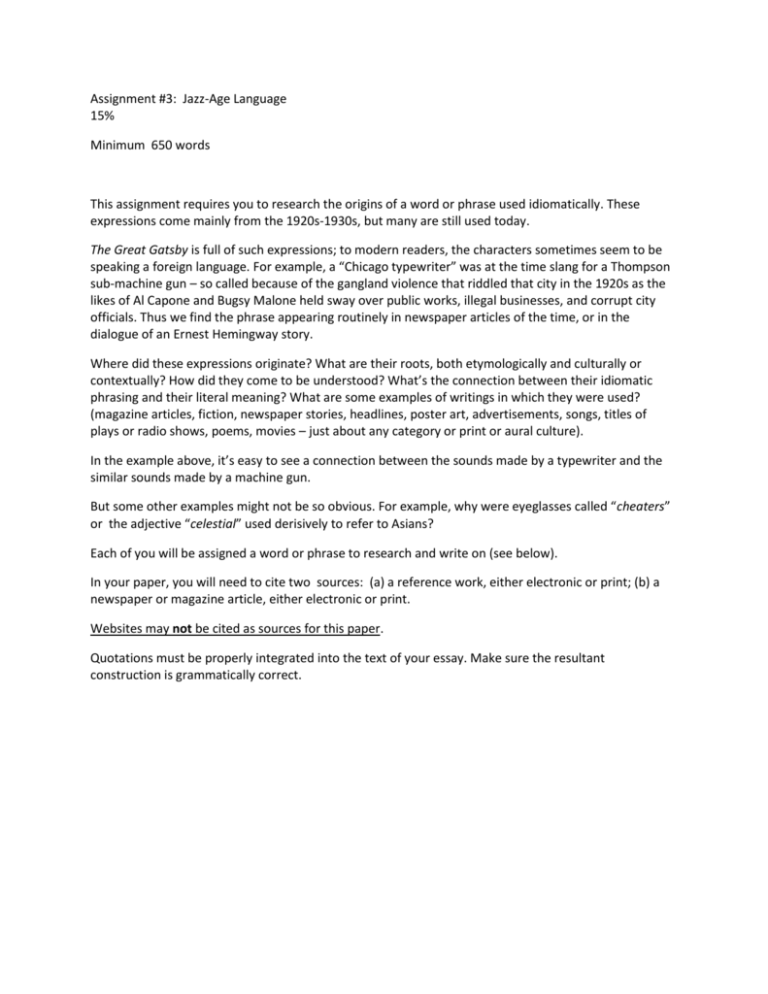
Assignment #3: Jazz-Age Language 15% Minimum 650 words This assignment requires you to research the origins of a word or phrase used idiomatically. These expressions come mainly from the 1920s-1930s, but many are still used today. The Great Gatsby is full of such expressions; to modern readers, the characters sometimes seem to be speaking a foreign language. For example, a “Chicago typewriter” was at the time slang for a Thompson sub-machine gun – so called because of the gangland violence that riddled that city in the 1920s as the likes of Al Capone and Bugsy Malone held sway over public works, illegal businesses, and corrupt city officials. Thus we find the phrase appearing routinely in newspaper articles of the time, or in the dialogue of an Ernest Hemingway story. Where did these expressions originate? What are their roots, both etymologically and culturally or contextually? How did they come to be understood? What’s the connection between their idiomatic phrasing and their literal meaning? What are some examples of writings in which they were used? (magazine articles, fiction, newspaper stories, headlines, poster art, advertisements, songs, titles of plays or radio shows, poems, movies – just about any category or print or aural culture). In the example above, it’s easy to see a connection between the sounds made by a typewriter and the similar sounds made by a machine gun. But some other examples might not be so obvious. For example, why were eyeglasses called “cheaters” or the adjective “celestial” used derisively to refer to Asians? Each of you will be assigned a word or phrase to research and write on (see below). In your paper, you will need to cite two sources: (a) a reference work, either electronic or print; (b) a newspaper or magazine article, either electronic or print. Websites may not be cited as sources for this paper. Quotations must be properly integrated into the text of your essay. Make sure the resultant construction is grammatically correct. Student Barber Branch Word Apple-knocker Abe’s Cabe Student Barood Castro Churilla Dodds Ensley Harvey Murphy Poteat Dewdropper Floor-flusher Gasper Glad rags Iron hop the whole nine yards Jorum of skee Limey Mrs. Grundy Palooka Ruben On the lam In the catbird seat Tell it to Sweeney The bee’s knees let the cat out of the bag Dietz Drummer Galloway Kyles Phillips Pressley Word Icy mitt a red-headed stepchild Cake-eater Speakeasy Drum Hope chest Ish-kabibble Joe Brooks Spradley Andersen Brown Edwards Hager King Martz Salazar Smith Wojt Kike Mick Noodle juice The Real McCoy Simolean High on the hog Trip for biscuits Tin Pan Alley Life of Riley (Reilly) Big six Sizemore Allen Briden Daugherty Frazier Hernandez Lefort Riley Scheider Tann

